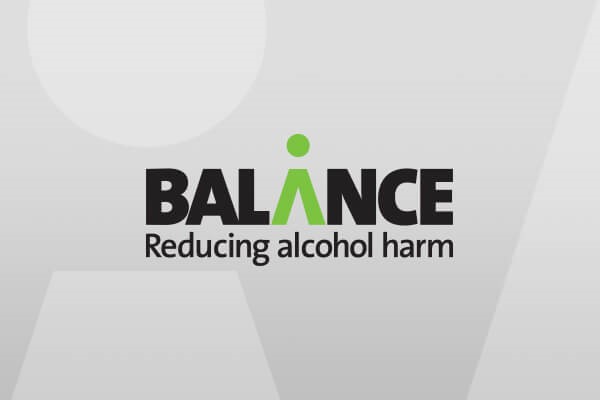Proposed Bill could facilitate the spread of alcohol outlets
Plans to relax alcohol licensing laws for businesses such as hairdressing salons won’t be welcomed by people in the North East, according to the results of a survey by Balance, the North East Alcohol Office.
The survey of more than 2,700 people across the region found that the majority are overwhelmingly opposed to the explosion of availability of alcohol.
It comes as MPs are due to debate proposals to introduce a ‘Community and Ancillary Sellers’ Notice’ as part of the Deregulation Bill in the House of Commons on Monday.
The changes would enable those whose core business is not the sale of alcohol or provision of regulated entertainment to sidestep regulations to sell alcohol as part of a wider business contract. This would make it easier for businesses such as hairdressers, florists, children’s soft play areas and tanning salons to sell booze.
With 7,962 premises selling alcohol, the North East has one of the highest densities of licensed premises in the country and alcohol is now being sold in more unlikely locations.
The Balance survey provides a compelling insight into public opinion in the North East around the issue of licensing and availability of alcohol with 98% saying they felt there were enough or too many places selling alcohol in the region.
Other key findings included:
95% believe it’s unacceptable for alcohol to be sold in a children’s soft play area
86% think alcohol shouldn’t be on sale in motorway service stations
84% say hairdressing salons are no place for alcohol to be served
77% oppose alcohol being sold at a garage forecourt
62% believe alcohol shouldn’t be on sale in cinemas
Colin Shevills, Director of Balance, said: “The availability of alcohol in the North East is already too widespread and the proposed introduction of measures making it easier for businesses to sell alcohol will do even more harm to our region and its communities.
“Alcohol is already available round the clock, every day of the year from locations as diverse as petrol stations and soft play areas. It has also become much more affordable, costing 61% less in real terms than in 1980. These shifts have contributed to a significant increase in alcohol-related harms across the North East, including some of the highest rates of alcohol-related hospital admissions, mortality and morbidity.”
A report by Alcohol Concern linked the number of alcohol specific hospital admissions amongst children to the density of licensed premised, which is an important factor for the North East given the region has the highest level of hospital admissions amongst under 18s.
Colin added: “Ancillary licenses will only make matters worse. It will remove barriers certain businesses currently face when obtaining licenses making it harder for local licensing officers to object. If this legislation is implemented it will effectively mean that the Government is encouraging more alcohol consumption rather than less.
“This is not what the people of the North East want. They have made their voices heard through our survey and they have said that moves to allow further expansion in the number of licensed premises would be unwelcome. This could not only have a damaging effect on the health and wellbeing of the community but also local pubs, which may suffer financially as a result of the increased competition.
“Evidence shows that controlling availability of alcohol is one of the most effective mechanisms for reducing alcohol-related harm. The introduction of ancillary licenses will do more harm than good and it’s clear that the communities in the North East do not want them.”
